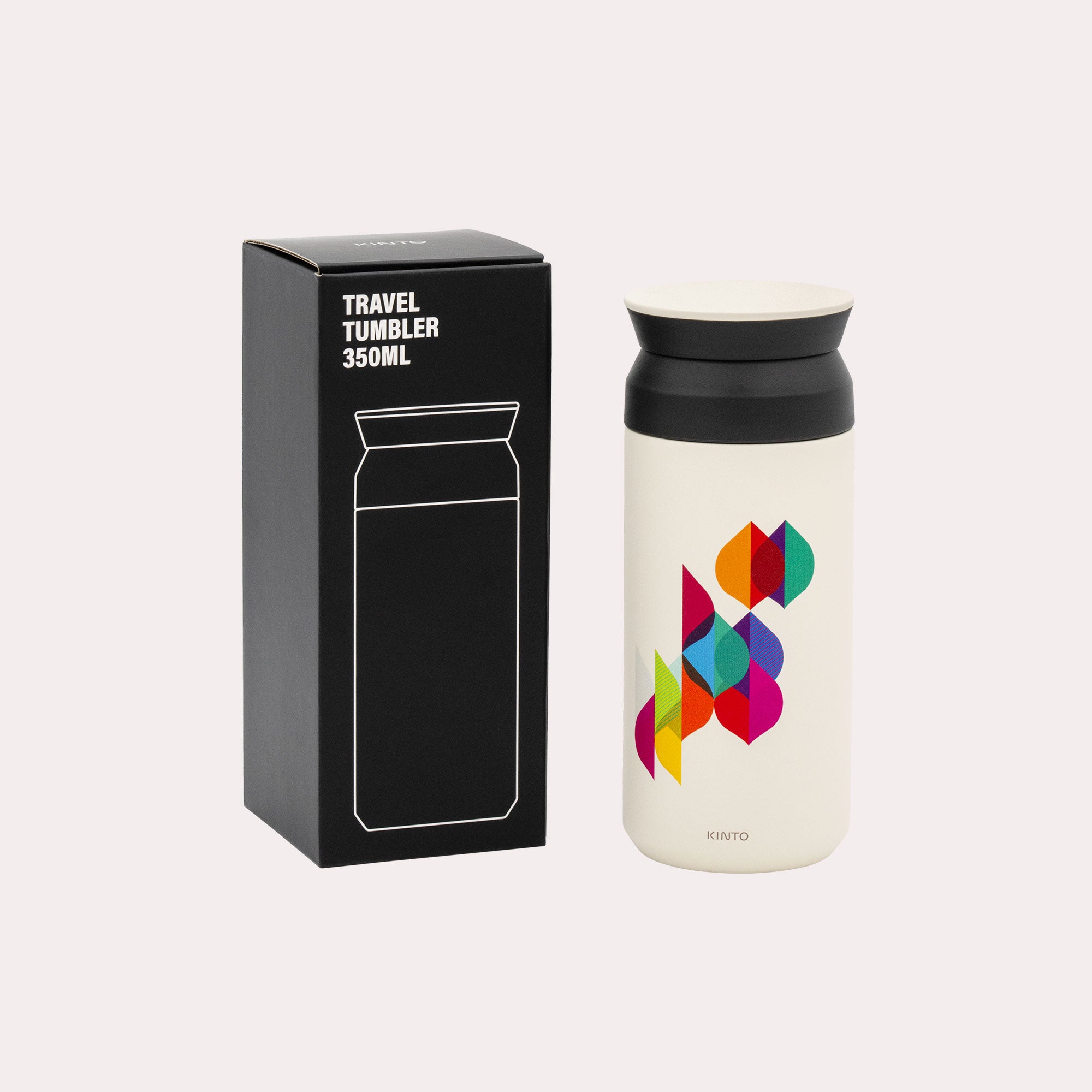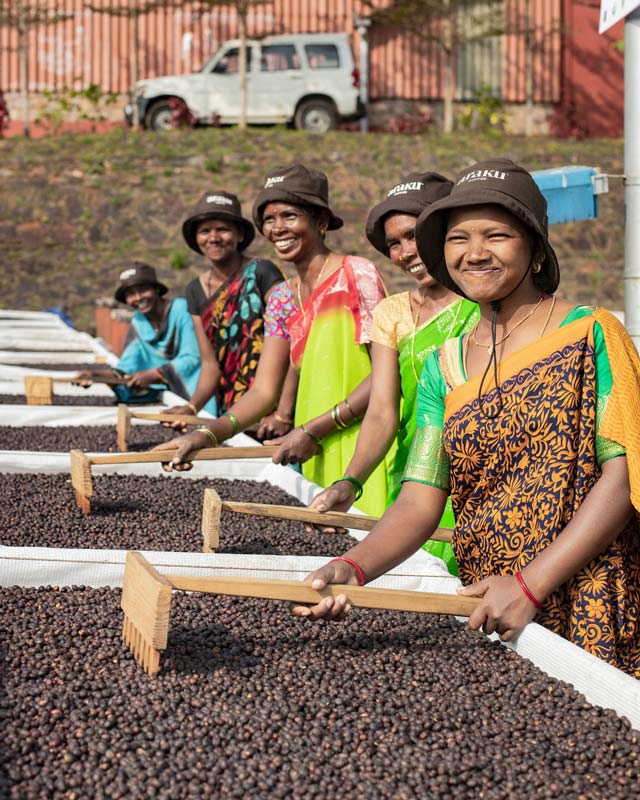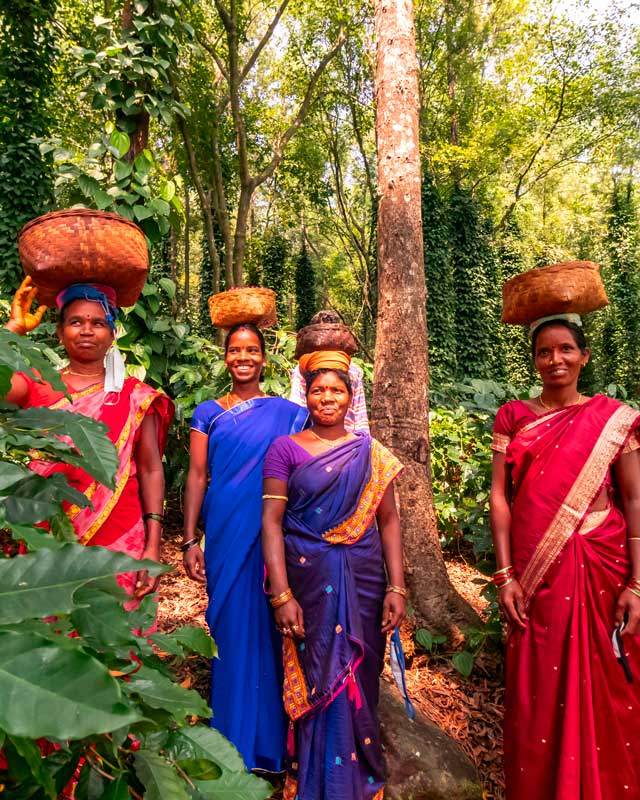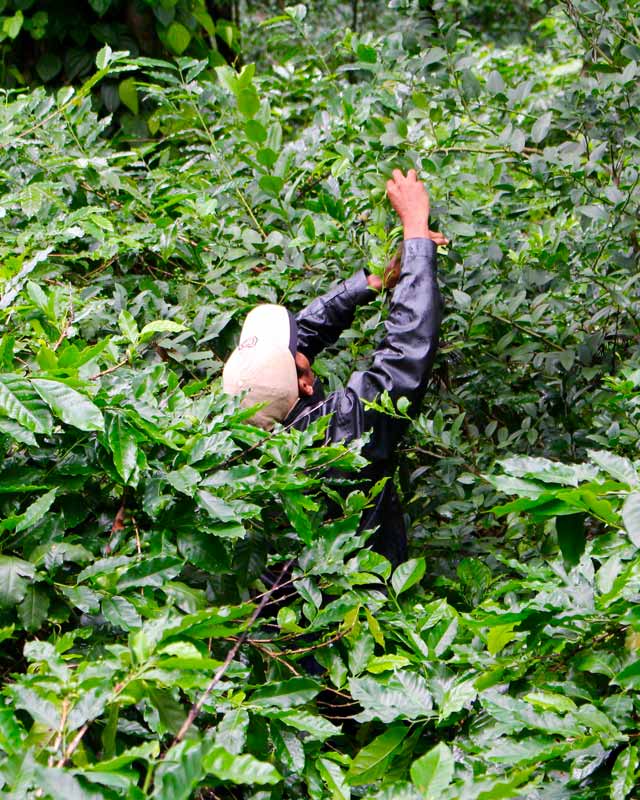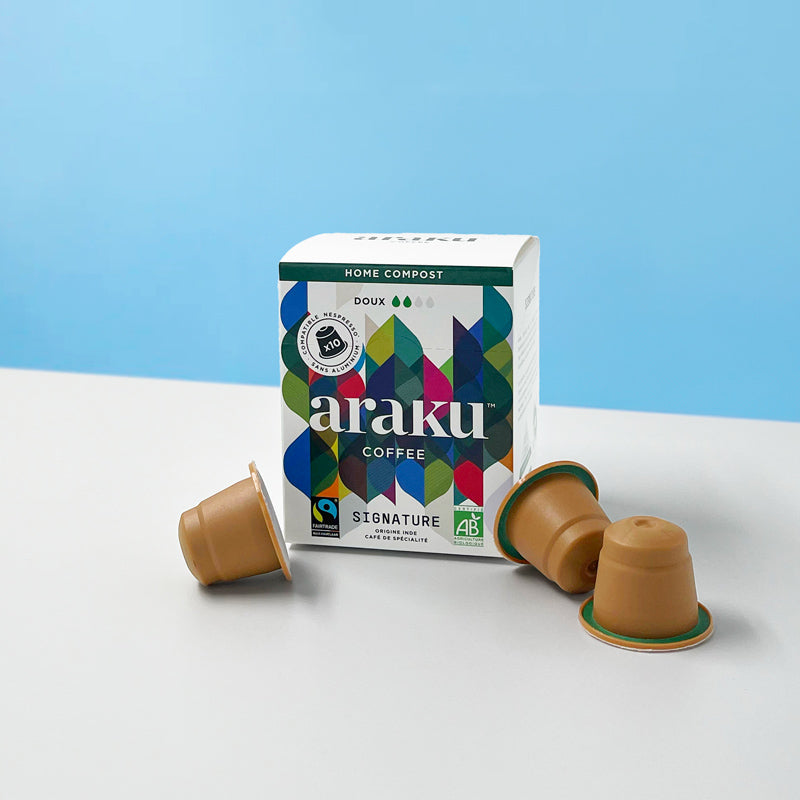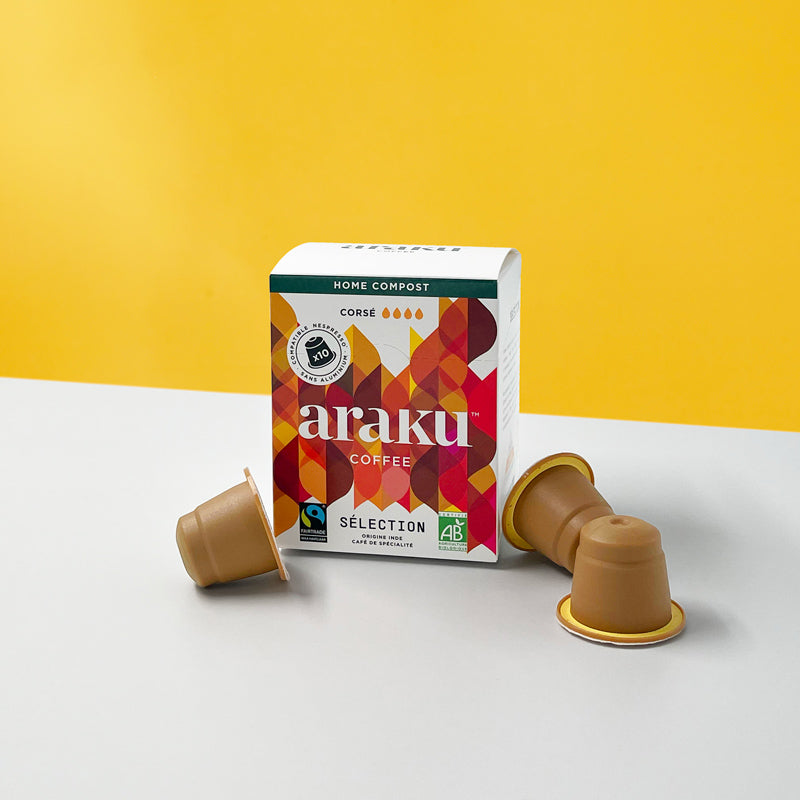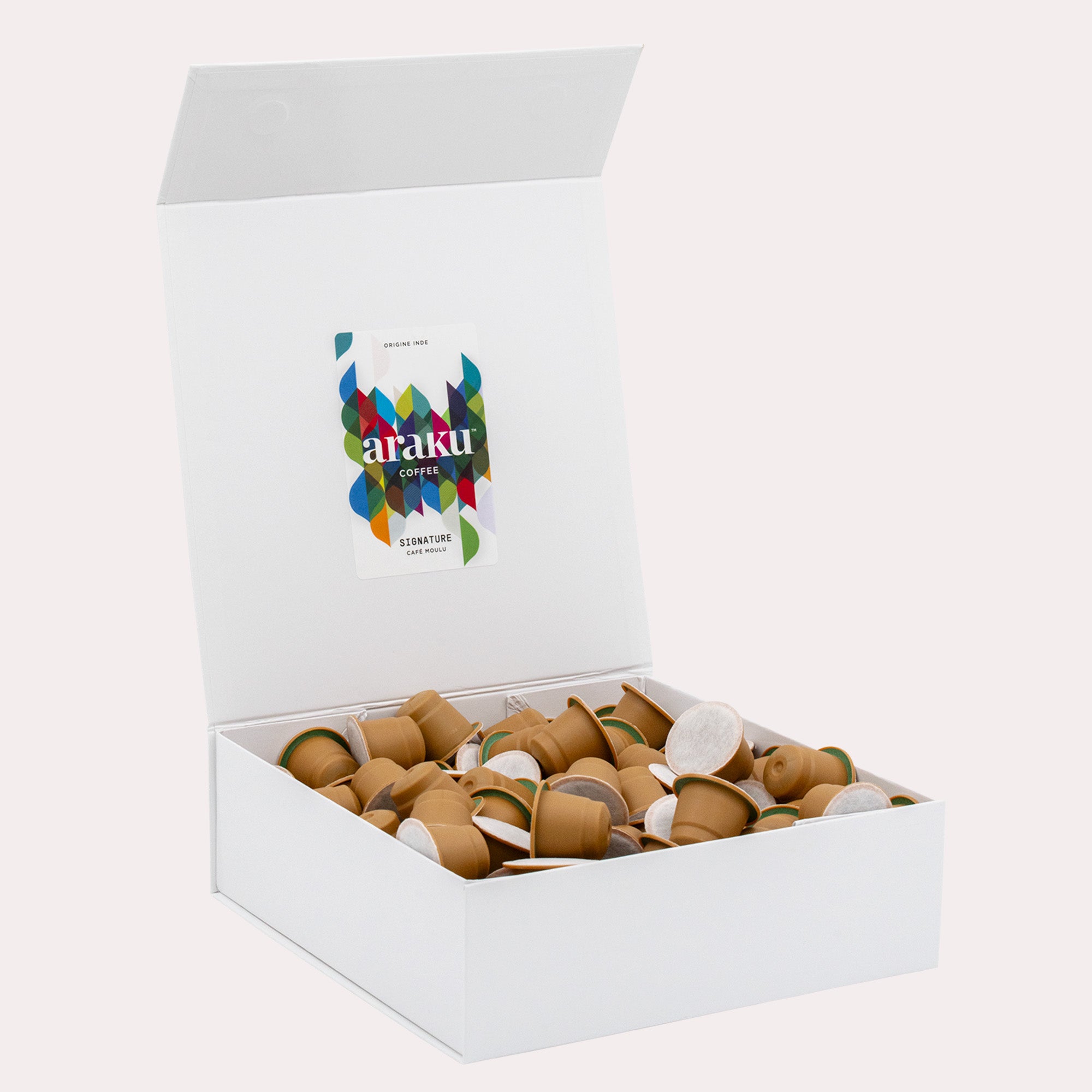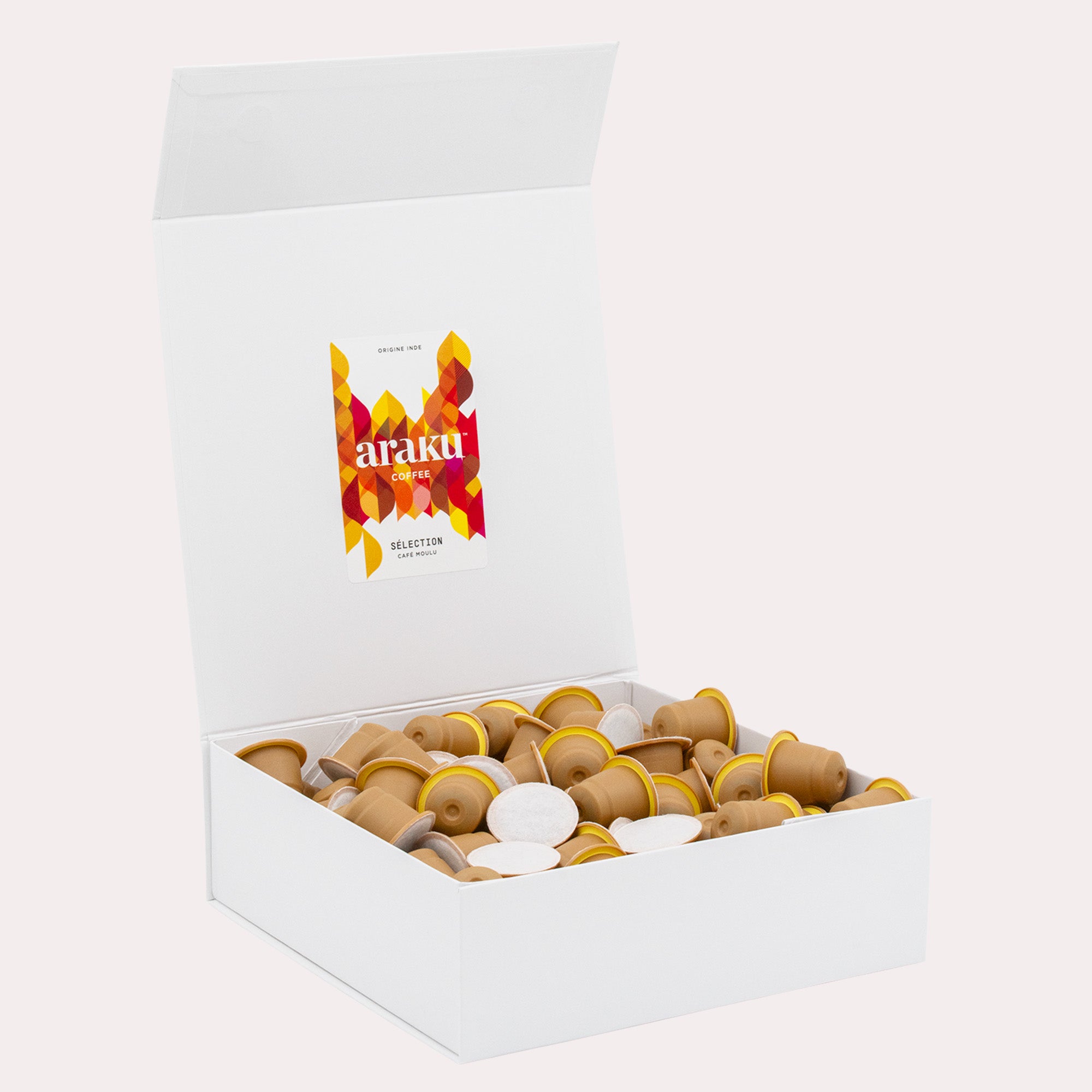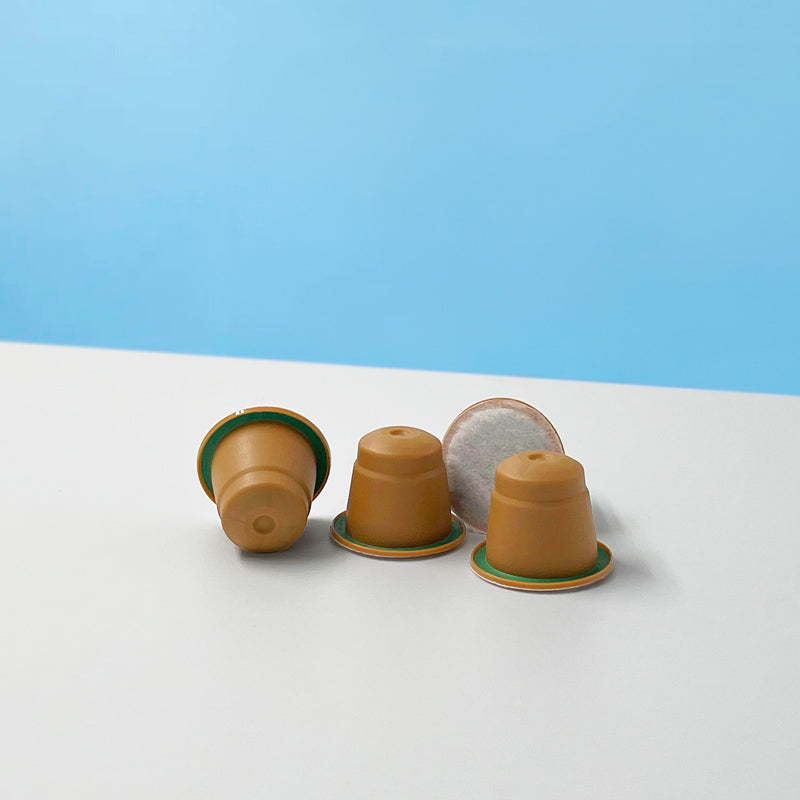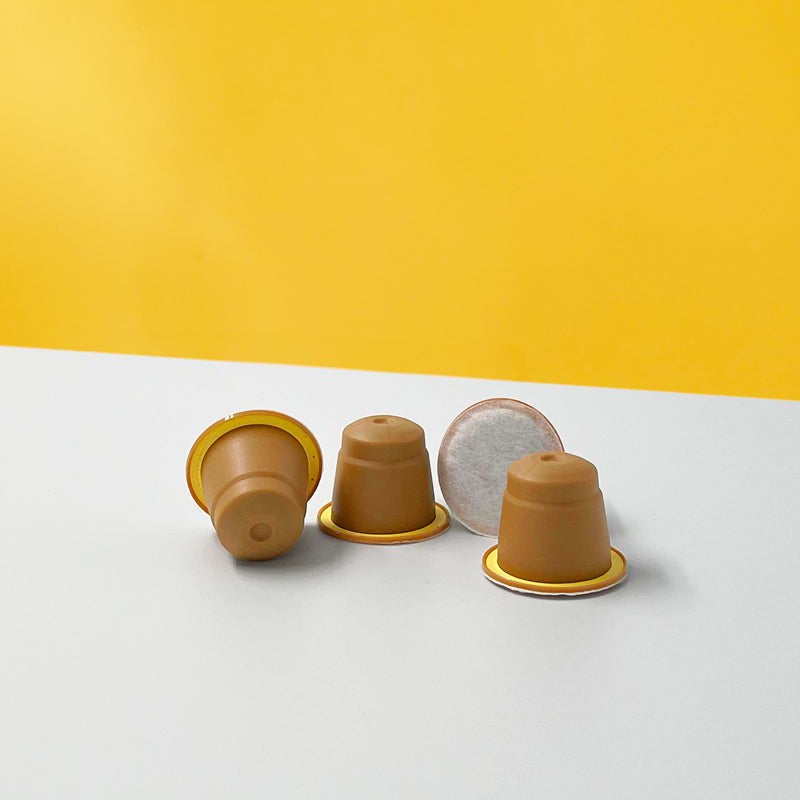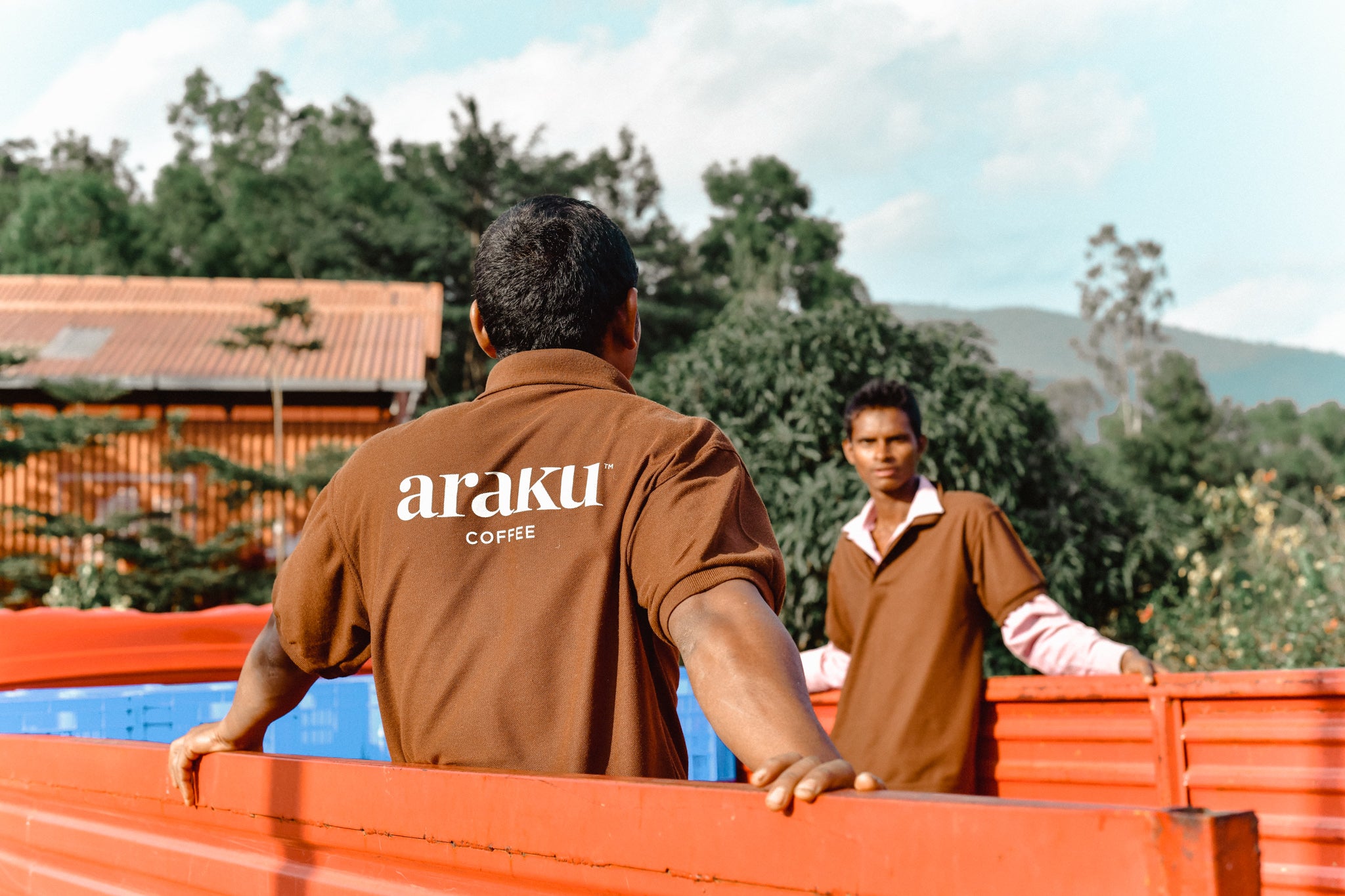HOW TO RECYCLE COFFEE GROUNDS IN THE GARDEN?
What to do with the grinds after making your coffee? A question that you do well to ask yourself! This residue from coffee infusion can, in fact, prove useful in many areas, particularly gardening. First of all, coffee grounds are an excellent natural fertilizer. Scattered at the base of plants, it has the property of enriching the earth thanks to its numerous natural substances. It can also be used in the vegetable patch as well as in the garden. Certain so-called acidophilic plants, such as rose bushes for example, appreciate coffee grounds because they make the soil more acidic. Are cats getting a little too close to your plants? Once again, coffee grounds can be of great use. Sprinkled around your flowers and other plants, it will act as a natural repellent against felines.
COFFEE GROUNDS, A WASTE WITH MULTIPLE USES
But the garden isn't the only place you can recycle coffee grounds. This can also be used at home. Placed in the fridge for example, it will eliminate bad odors. Also note that coffee grounds are an excellent degreaser for cleaning hobs or the oven. This substance also helps prevent pipes from being blocked or even removes small scratches on wooden furniture. Against all odds, coffee grounds are also an excellent product for taking care of your body and face. Being abrasive, it gently exfoliates the skin and even reduces dark circles. Used in the form of a mask, it even makes brown hair brighter. The uses of coffee grounds are therefore diverse and varied: ant repellent, fuel, fertilizer for mushrooms, etc. It's your grandmother who will be amazed by all these remedies and other unusual uses of coffee grounds. In its ecological approach, Araku produces 100% biodegradable and compostable coffee capsules. So, preparing Araku coffee is even more useful and ecological than you thought!


